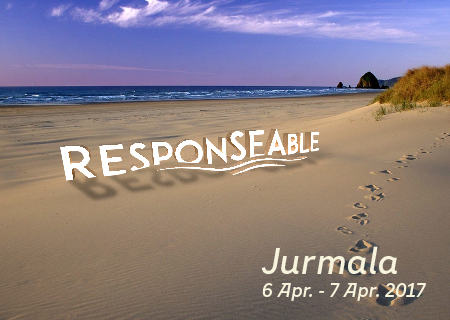Two days in the European Maritime Day 2018 in Burgas
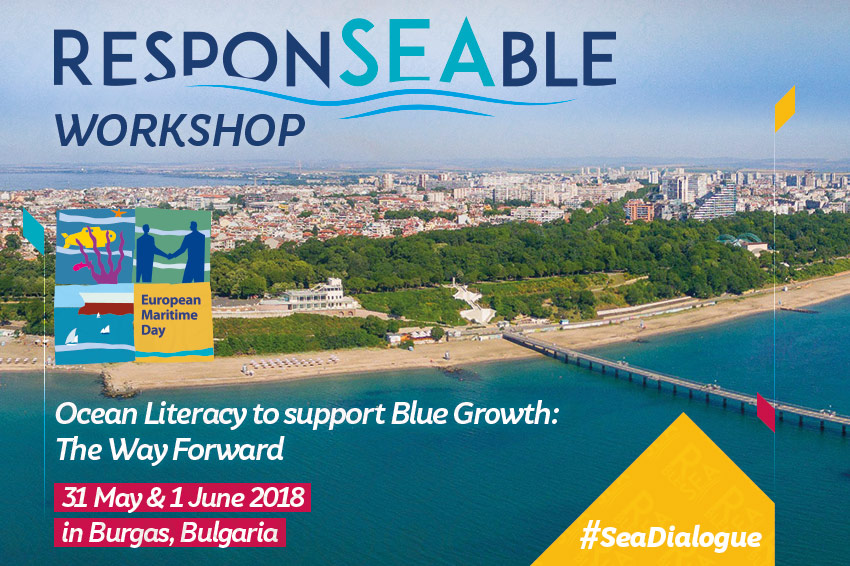
ResponSEAble project organized a workshop on Ocean Literacy at the EMD 2018 in Burgas.
The workshop gained a lot of attention, and despite the heat and being later in the day it drew a lot of people.
Workshop addressed the following issues:
- What are current Ocean Literacy initiatives – for and with marine professionals?
- What are the main challenges faced by Ocean Literacy (and for whom)? And what are the solutions for overcoming them?
- What are pre-conditions for effective Ocean Literacy so its play its due role in supporting more sustainable behaviour/practice?
Tim Haasnoot (ProSea and ResponSEAble Project) has presented an example of how to do ocean literacy with professionals (fishers), what work and what doesn’t and engaged participants of the workshop into trying some of the tools that were developed by ProSea.
In the second part, in the round-table discussion panelists discussed if OL (capacity building & awareness raising) receive sufficient attention in today’s policies (not limited to only marine ones), provided practical illustrations of ‘good practice’ from their sectors (including tourism and super yachts) and discussed what needs to be changed so that Ocean Literacy better supports sustainable blue growth.
Key messages from the workshop !
- Ocean Literacy (OL) is only at its start! Despite that, there are already many initiatives and good practice out there, that can be used as source of inspiration by all sectors of society (professionals, NGOs, scientists, decision makers…). OL for ‘financial investors’ and for consumers/visiting tourists, and mobilising the media, have been mentioned as areas requiring further attention.
- However, more (lasting) support to OL, soft measures and strengthening human capital, is required in policies connected to the sea to support their implementation and to contribute to Blue Growth Common platforms involving the private sector (building on its knowledge, recognising its challenges, ensuring common understanding/trust/agenda and building on positive messages) is the starting point of co-developed and effective OL that deliver change in mindset and change in practice/behaviour.
- Success needs to combine local initiatives adapted to local contexts with the involvement of ‘big players’ of sectors as part of strategic partnerships – as they can be ‘role models’ and multipliers. Incentives to get involved relate to economic interest (e.g. development of new sustainable business models), having clear benefits, image and access to markets, capacity/interest in spreading innovation…








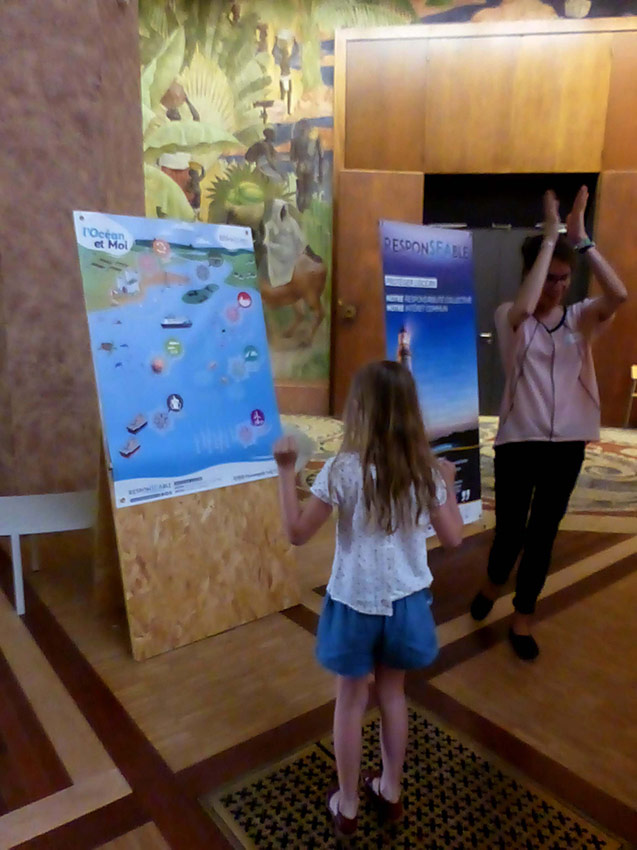
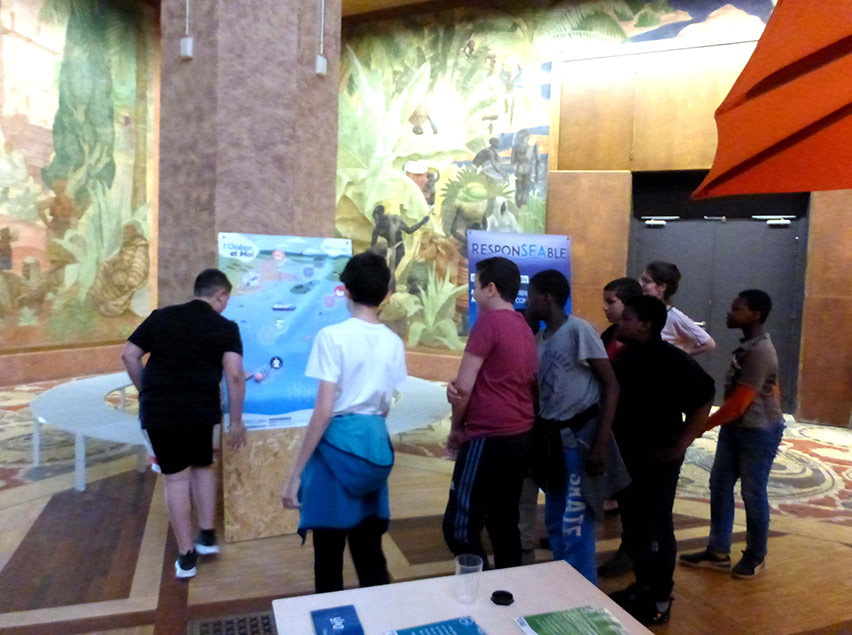
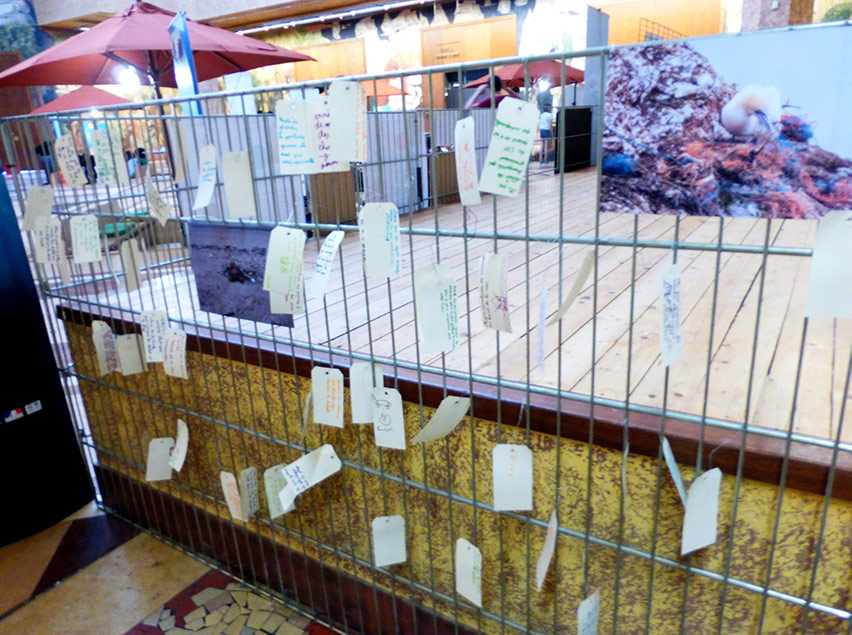
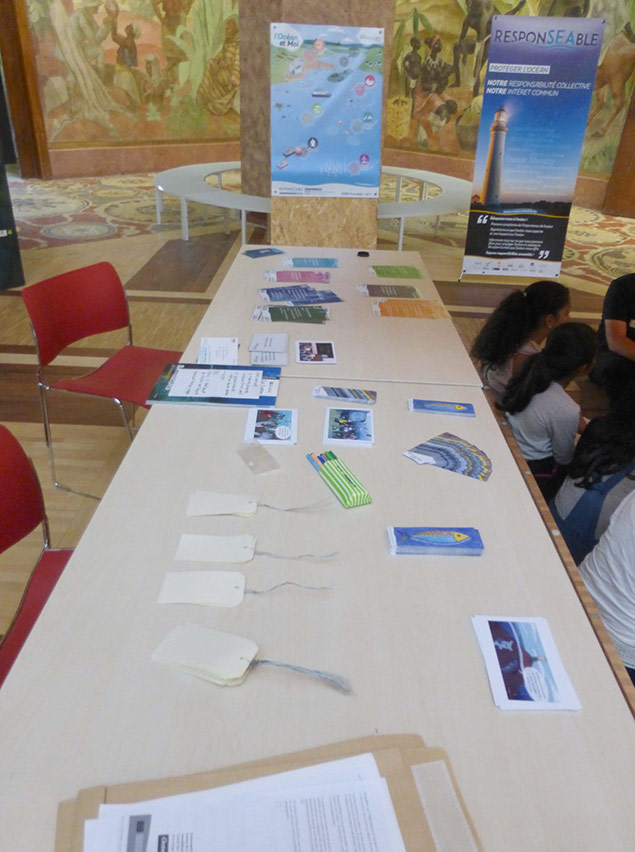
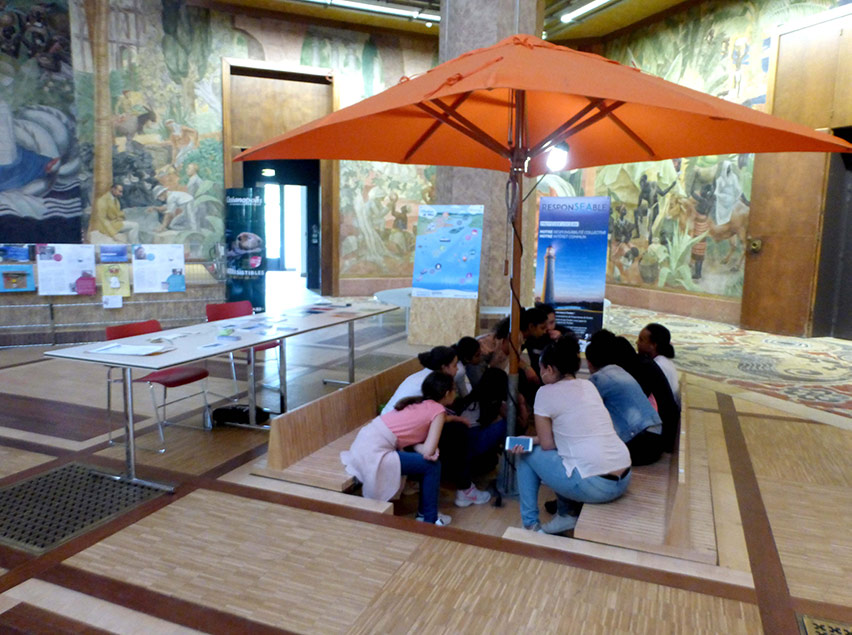
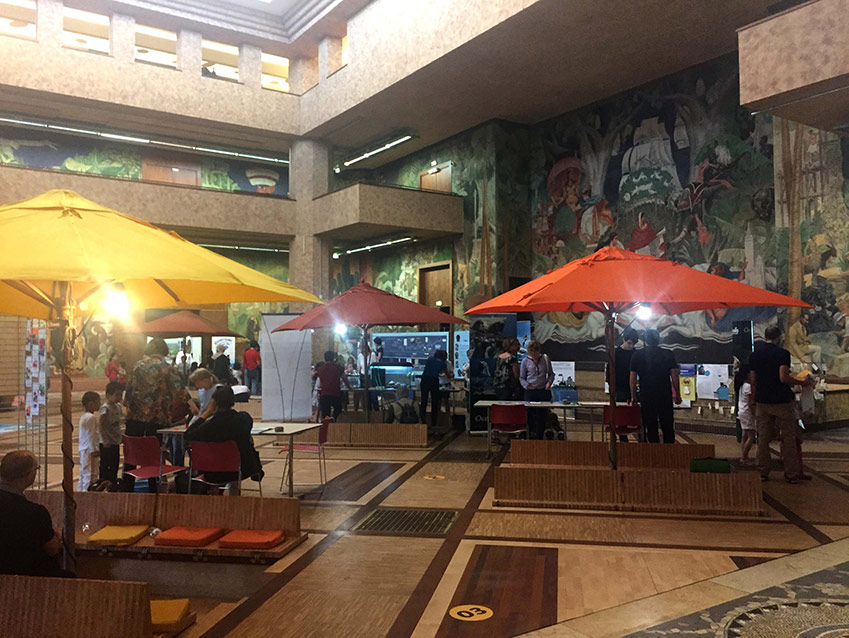
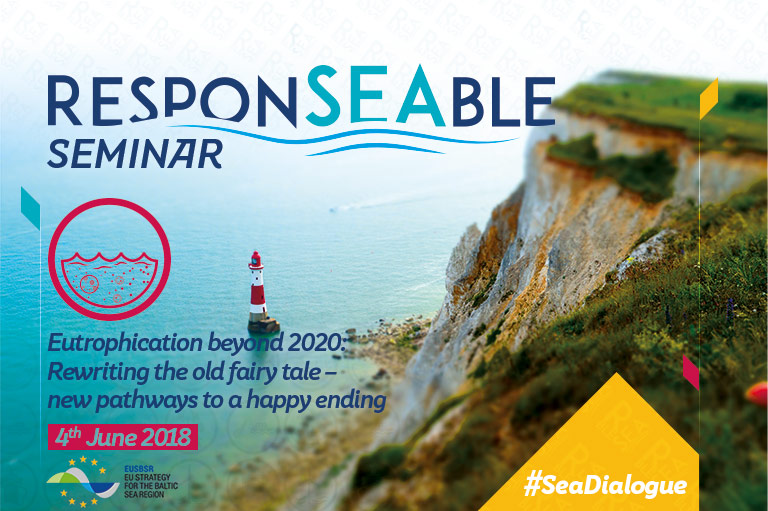 ResponSEAble will hold a seminar “Eutrophication beyond 2020: Rewriting the old fairy tale – new pathways to a happy ending” on 4th June 2018 in Tallinn, Estonia aiming at adding ocean literacy to the forthcoming update of the EU Strategy for the Baltic Sea (EUSBSR).
ResponSEAble will hold a seminar “Eutrophication beyond 2020: Rewriting the old fairy tale – new pathways to a happy ending” on 4th June 2018 in Tallinn, Estonia aiming at adding ocean literacy to the forthcoming update of the EU Strategy for the Baltic Sea (EUSBSR).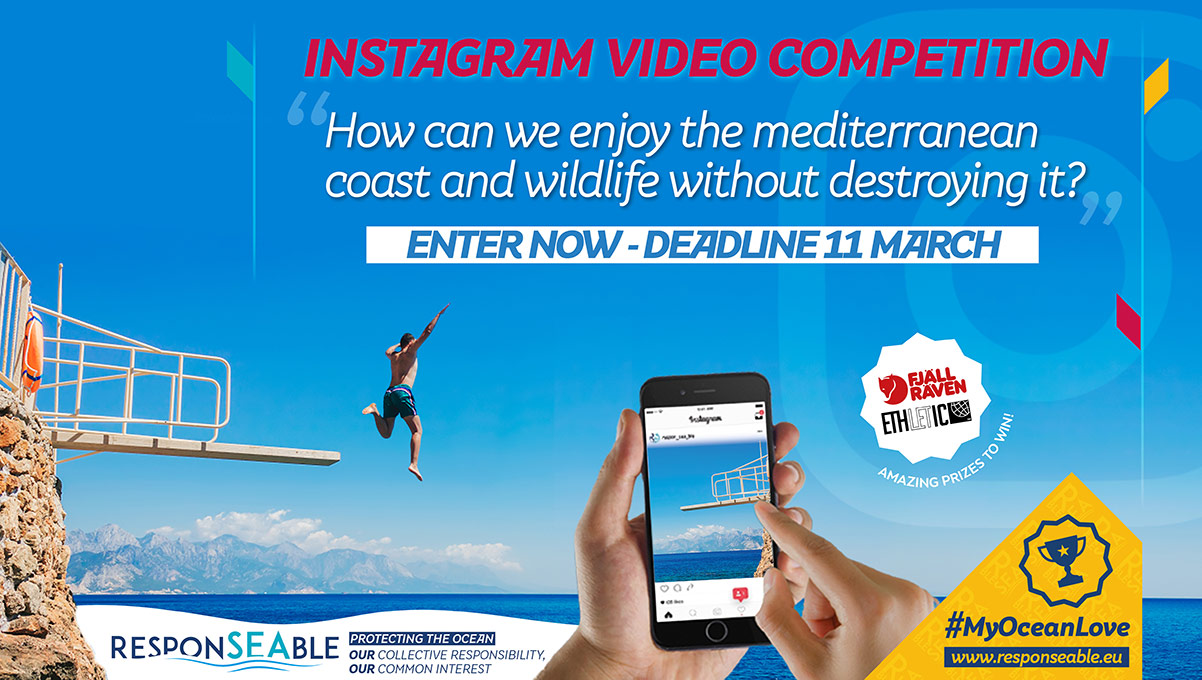
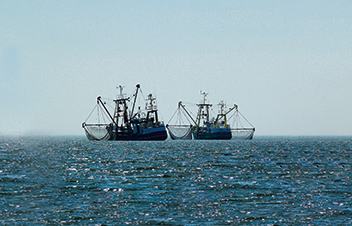 This workshop will take place on 12 September 2017 in Oslo Science Park in Oslo.
This workshop will take place on 12 September 2017 in Oslo Science Park in Oslo.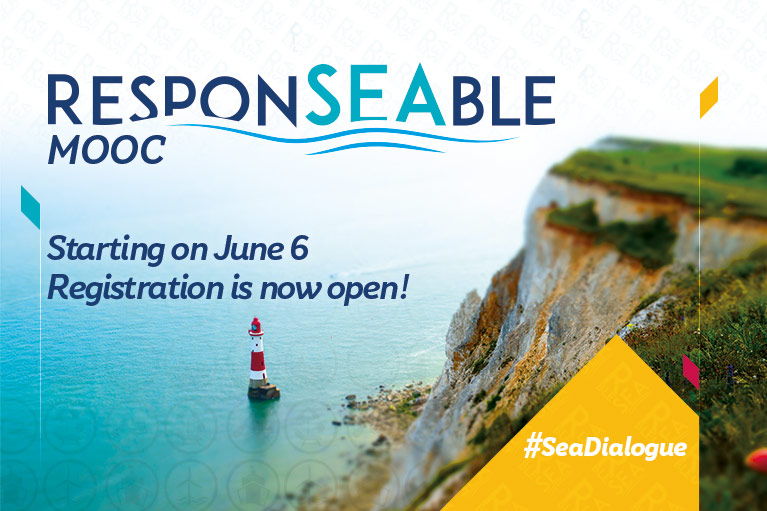 What are the issues affecting our oceans? How can we change behavior? What is ocean literacy, and what could be its role in promoting this change?
What are the issues affecting our oceans? How can we change behavior? What is ocean literacy, and what could be its role in promoting this change?